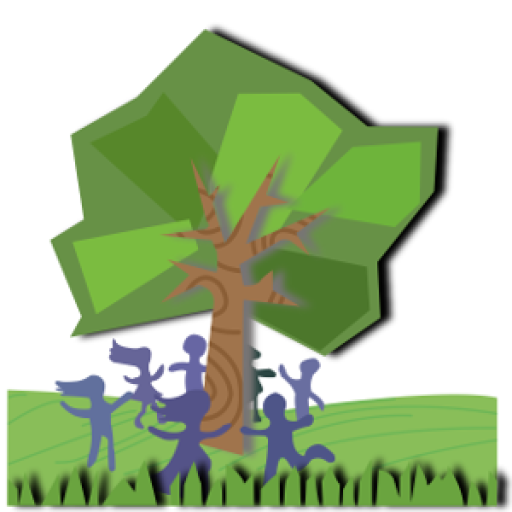Filtering Difficult Experiences
I’m a big fan of the emotional equivalent of “emptying the trash.”

By writing in a journal people get in touch with their feelings and express them without censorship. It’s a research-tested treatment for those suffering from Post-Traumatic Stress. And if you journal right before bedtime, it often leads to better sleep.
I Don’t Have Time For That
A lot of people (myself included) don’t like writing everything out long-hand. I hate hand cramps and who has the time? And yet, taking a few minutes at the end of the day to process what has happened that day is just so fantastic for one’s mental health. It prevents a build-up of stressful emotions, provides effective stress management, and leads to better sleep, mood, and energy levels. Hmmm…what to do?
Emotional Dialysis
I pieced together a system for sorting through the stuff that life hands you each day that doesn’t take very long, is still very effective, and I call it Daily “Emotional Dialysis.” I have relied heavily on the wisdom of centuries of sages, prophets, researchers, and AA to put together what works for me. If you like to make lists, you are going to LOVE this system. If you don’t…well, just keep doing what works for you!
First, The Toxic Crap
In your journal or notebook, up in the top left-hand corner, you start making a list of all the toxic crap that’s going on in your life. This is the trauma, the tragedy, the stress, the annoyances, the irritations, the yuck. This is the stuff that if you don’t know how to effectively filter and manage, it builds up in your emotional system and causes major back-ups, a kind of sepsis of the mental health system leading to depression, anxiety, and eventual hardening of the heart.
Next Up, Gratitude!
You know I am all yin and yang and think you need to balance everything. Since we’re making a list of all the toxins, we need to make a list of all the good stuff, too! So on the right-hand side of your journal, right next to your list of all the crappy stuff that you’re dealing with, make a list of any and everything that went right today, that was an example of goodness, or that you can honestly say you are grateful for. If someone was genuinely nice to you today, if someone or something gave you hope that maybe things aren’t all completely messed up in this world…add it to your list! I always love it when my Gratitude List ends up being way longer than my Toxins List.
You’re Not Done Yet!
Getting in touch with the good stuff to balance out the bad stuff helps to prevent depression, but it doesn’t always help you to know what to do with all the bad stuff. But we’re not done yet. Now comes the really interesting part…this is where the dialysis or “filtering” comes in. You get to filter the toxic stuff through something that helps you figure out what to do…and (just as important )… what to not do.
The CAN DO/LET GO Filter
Next, we take the Serenity Prayer by Reinhold Niebuhr:
God grant me the serenity to accept the things I cannot change;
courage to change the things I can; and wisdom to know the difference.
This is the filter we use to take each item in your Toxins List and sort it through. Ask yourself these questions:
- Do I have any control over this?
- Is there anything I can do about this situation that might help?
- Do I have some responsibility or feeling of being called to act/respond in any way?
Right below your Toxins List, start making a list of anything that you can actually DO about the tough stuff that’s happening in your life. Not a TO DO List, your CAN DO List. What you do with this list is up to you.
Acceptance Means Letting Go
One more time, take each item in your Toxins List, and ask yourself these questions:
- Do I need to accept that I do not have any ability to control or change this situation?
- Do I need to be able to let go and be at peace about this, however, things turn out?
- Do I need to ask for strength, courage, stamina, patience, or grace to be able to cope with this?
Now you can start making your final list I call the LET GO List: you write down what you need to accept, be at peace letting go of, and a mini-prayer list where you ask (it’s okay to beg) for what you need to be able to do these things. This is the list where you have already acknowledged that there is nothing you can DO…or you would have listed that in your CAN DO List. It’s time to LET GO.
No, It’s Not Easy…

Just like going for real kidney dialysis, this process is not easy or fun, even if the process is speeded up by using lists. Considering all the things in your life that are causing you pain or suffering is not fun. Trying to figure out whether you have any control over any of them is often not easy. Trying to get to the place where you can accept the things that you cannot change is neither fun nor easy.
But I can tell you that it is absolutely worthwhile to filter through the toxins that you encounter in daily living so that you can emerge with a clearer sense of purpose, gratitude, and humility.
Dr. Anita Sanz, PhD, Psychologist
- Life Planning (5)
- Therapy (43)
- Anxiety (11)
- Depression (16)
- On The Couch (16)
- Well Being (59)
- Health (10)
- Holidays (7)
- Life Hacks (20)
- Relationships (13)
- The Big Picture (9)
